What Is The Cabbage Soup Diet?
The cabbage soup diet is a quick weight loss diet that has been around for a long time. Many individuals have claimed significant weight loss while on this diet. If someone follows the basic recipe used and the rules of the diet, claims report they could lose between ten and twenty pounds in the first week. While it is not recommended to use this diet on a long-term basis, for a short-term diet, it will give anyone's weight loss goal a big boost. The cabbage soup diet is considered a fad diet, but no one can dispute its effectiveness for quick weight loss.
What The Diet Is
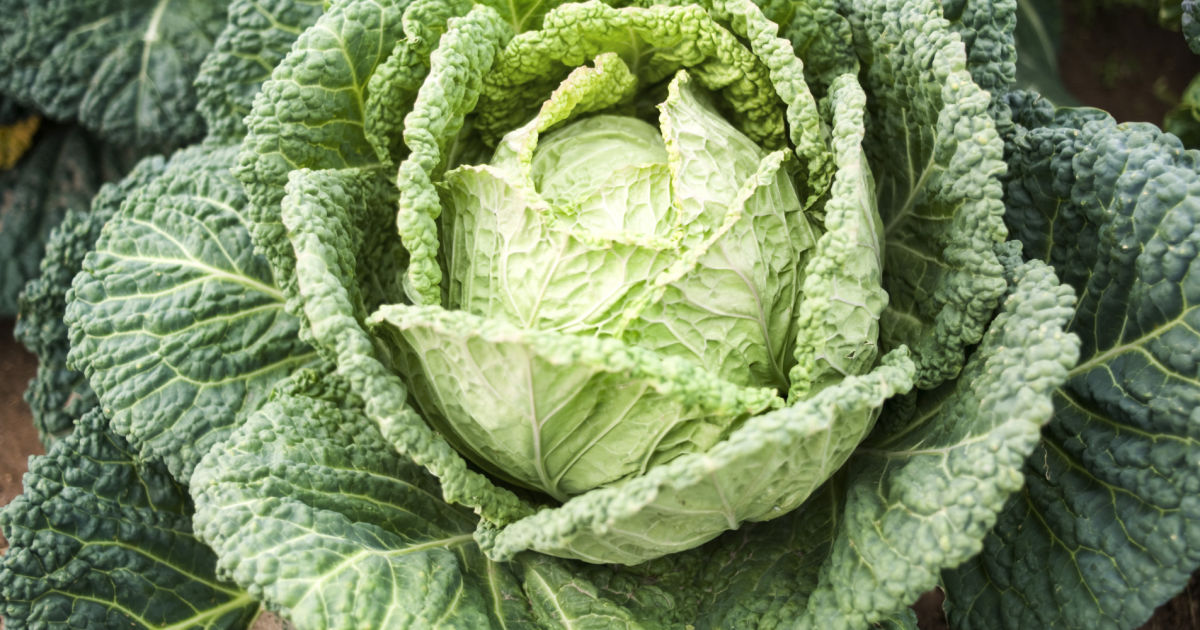
This diet is called the cabbage soup diet because cabbage is the main ingredient. Individuals on the diet are supposed to eat cabbage soup every day for seven days, along with specific supplemental foods to be eaten on designated days. To get the best results, individuals are encouraged to eat large amounts of the soup. According to the diet, the more cabbage soup an individual consumes, the more weight they will lose. Some of the foods eaten along with the soup are green leafy vegetables, chicken, beef, bananas, and brown rice.
The cabbage soup diet might be the perfect answer if an individual needs to lose weight fast. This is precisely why many individuals use this diet to fit into a special outfit or if they're going on vacation and want to shed a few pounds before they step on the plane.
Get to know the basic recipe on the cabbage soup diet now.
Basic Recipe Used
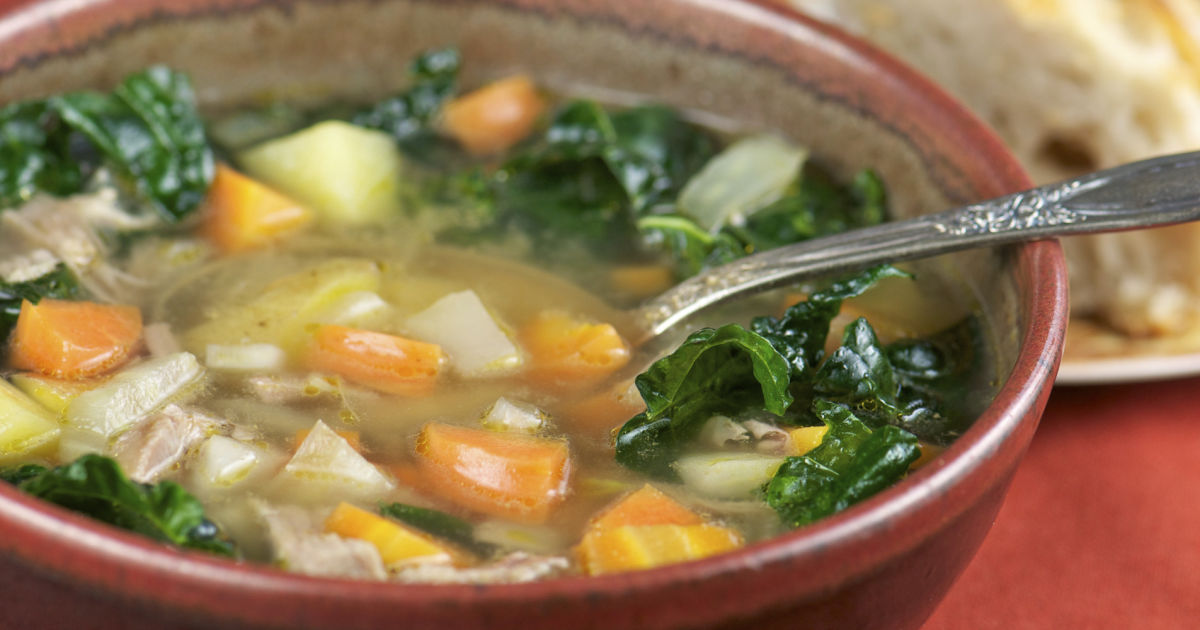
Ingredients in the basic cabbage soup recipe used on this diet include a head of cabbage, six white or yellow onions, green bell peppers, a celery bunch, and one cup of carrots. In addition to the fresh vegetables, individuals need two chicken bouillon cubes, a packet of onion soup mix, one forty-eight-ounce can of vegetable juice, two cans of chopped tomatoes, a teaspoon of lemon juice, six crushed garlic cloves, and salt and pepper to taste.
Chop all the fresh vegetables. In a large skillet, heat a couple tablespoons of vegetable oil over medium heat. Take the onions, bell peppers, and celery and sauté them until the vegetables are slightly tender. In a large pot, pour in the vegetable juice, and lemon juice. Add the sautéed vegetables, chicken bouillon cubes, and garlic, then stir in the chopped tomatoes, carrots, and cabbage. Bring everything to a boil, before reducing the heat. Cook the soup until the cabbage is tender. Season it to taste with salt and pepper.
Keep reading to uncover the rules of the cabbage soup diet next.
Rules Of The Diet

The primary rule of this diet is to consume cabbage soup every day in large quantities. Aside from this, individuals are permitted to supplement with specific foods on certain days.
On the first day, individuals can eat fruit, except for bananas. They may also drink unsweetened tea and coffee. On the second day, individuals can add leafy green vegetables and a baked potato with just one teaspoon of butter, but should avoid fruit. When the third day rolls around, individuals must avoid eating a baked potato but may once again consume fruit, along with their leafy green vegetables. Individuals may consume several bananas and drink all the skim milk they desire on the fourth day. The fifth day allows individuals to consume twenty ounces of beef and four tomatoes, along with ten to twelve glasses of water to wash the uric acid from their body. Beef and vegetables, but not potatoes, are the features on the sixth day. On the seventh day, individuals can eat brown rice and vegetables along with the soup.
Uncover the drawbacks associated with the cabbage soup diet now.
Drawbacks Of The Diet
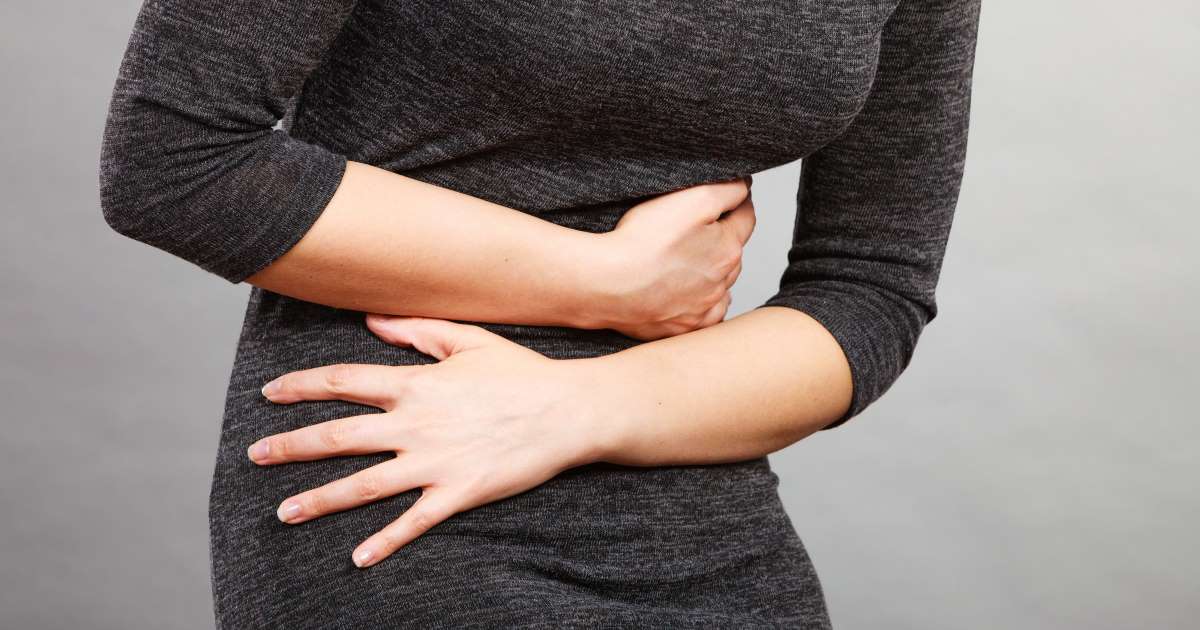
The Food and Drug Administration states active females should consume 2000 calories a day and active males about 2800 calories a day. Individuals are likely to get less than one thousand calories a day while on the cabbage soup diet, which is way below the recommended daily calorie intake. The drawbacks of such a low-calorie diet including losing more water weight rather than fat, and losing muscle.
A low-calorie diet that causes a significant drop in weight in a short amount of time, like the cabbage soup diet, could cause health complications. Drawbacks of the diet if maintained for an extended period are fatigue, constipation, diarrhea, and nausea. A more serious problem of maintaining such a low-calorie diet is the risk of developing gallstones. The lack of fatty food to digest causes the liver to secrete more cholesterol, which, combined with bile, can form gallstones. The cabbage soup diet’s high sodium content can also be a problem for individuals with heart conditions.
Keep reading for information on the effectiveness of the cabbage soup diet.
Effectiveness Of The Diet

Ordinarily, doctors may not recommend the cabbage soup diet because of the lack of nutritional value it provides the body. Individuals should always check with their doctor before starting a new diet. Helping individuals lose as much weight as possible in a short amount of time is what the diet is designed to do. However, individuals must follow the rules of the diet exactly for it to work. The cabbage soup diet may be a fad diet, but it can be very effective for quick weight loss. However, since the diet can be dangerous in many instances, individuals who do decide to try it should have their doctor monitor their progress while they are on the cabbage soup diet.
Learn more about what to expect on the cabbage soup diet now.
What To Expect On The Diet
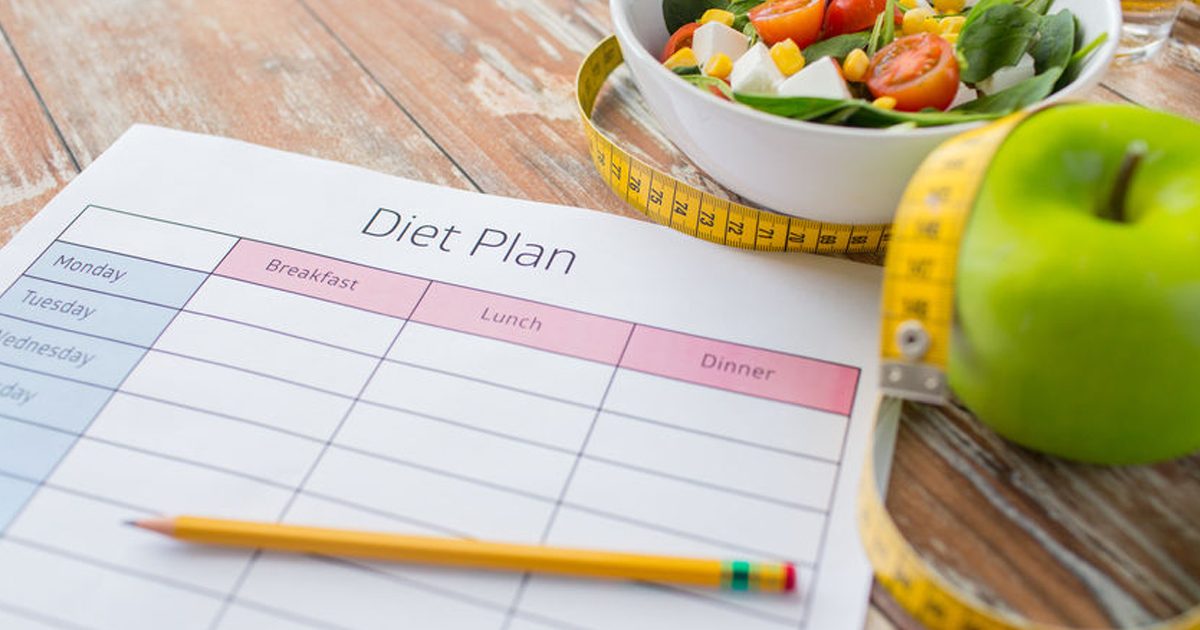
The cabbage soup diet is a short-term diet plan most patients follow for up to seven days at a time. While on the plan, individuals are allowed to eat a fat-free soup they prepare at home. The soup contains tomatoes, garlic, onion, and a head of cabbage. Other vegetables like green peppers, celery, carrots, and mushrooms are sometimes included as well. The soup can be made with water, vegetable broth, chicken broth, or tomato juice. Each bowl of soup has an average of fifty to one hundred calories, and patients are advised to consume at least three bowls per day. In addition to the soup, dieters can eat a small range of selected low-calorie foods on different days of the plan. Brown rice, berries, apples, skim milk, and beef are allowed on the diet, and skim milk must only be consumed on day four of the plan. On the first day of the diet, followers are only permitted to have the cabbage soup and fruits other than bananas. Bananas and skim milk can only be consumed on day four, and beef can be eaten on day six. Brown rice is allowed on day seven.
Get familiar with the health claims linked to the cabbage soup diet now.
Health Claims

This diet plan promises significant weight loss over seven days. During the first few days of the plan, dieters are usually eating below one thousand calories, and the second half of the week includes a daily intake of roughly 1,200 calories. Patients can expect to lose around four pounds in one week at this calorie level, and some individuals have lost ten to fifteen pounds on the plan. Proponents of the plan claim it could help followers jumpstart their weight loss before they transition into a longer-term diet plan. Anecdotal evidence suggests some cabbage soup dieters have found the diet particularly helpful in limiting carbohydrate intake, and many followers report a smaller waist circumference at the conclusion of the diet. The plan requires a significant intake of cabbage and other cruciferous vegetables. These foods contain glucosinolate, a compound that stimulates the production of liver enzymes. Thus, some health professionals believe the cabbage soup diet may be beneficial for improving liver health.
Discover the details on similar fad diets next.
Similar Fad Diets

The cabbage soup diet is a short-term weight loss plan, and it is considered a fad diet. Similar fad diets include the Hollywood diet, the chicken soup diet, and the juice cleanse. All of these plans involve severe caloric restriction for a few days, and they also restrict followers to certain foods or food groups. For example, dieters who follow the Hollywood diet use meal replacement juices for all of their meals over forty-eight hours. They consume no solid food, and most dieters lose ten pounds in two days. Individuals who use the chicken soup diet eat chicken soup for lunch and dinner. For breakfast, they can choose from five different recipes provided by the plan. The diet is followed for one week, and no other foods are permitted. The juice cleanse is typically followed for three days, and it involves consuming only fruit and vegetable juices freshly prepared at home. Dieters often choose to use celery, cucumbers, apples, tomatoes, and carrots in their homemade juices. Many individuals lose three to four pounds per day on this plan.
Uncover healthier diet alternatives now.
Healthier Diet Alternatives
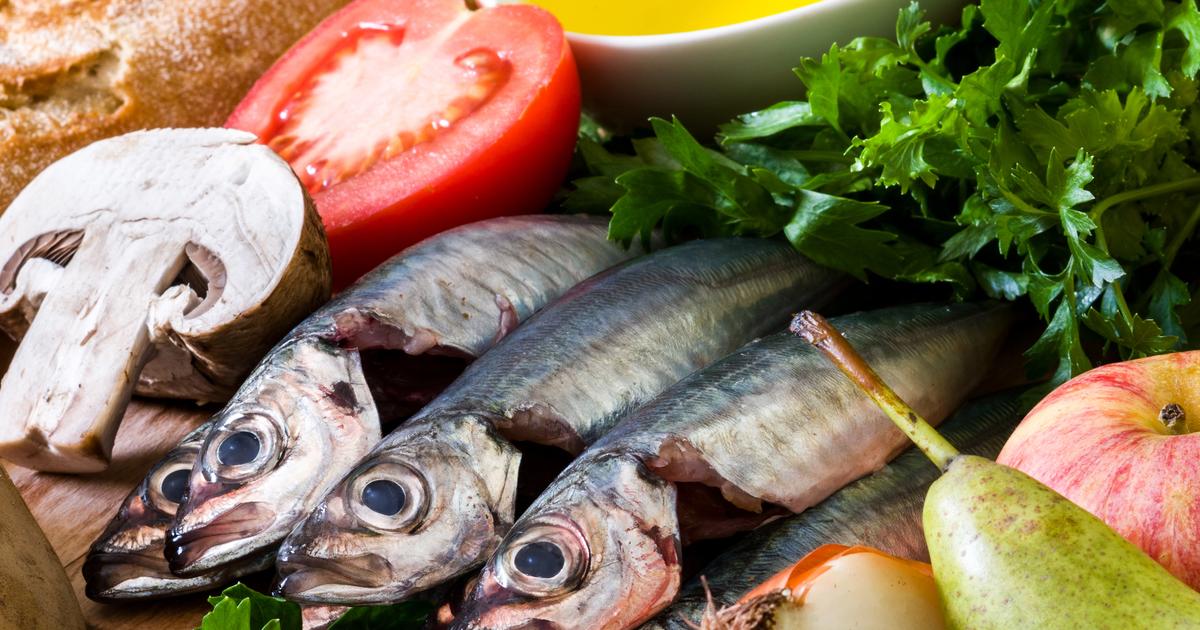
Although the cabbage soup diet promises quick weight loss, experts warn that it is too restrictive. By cutting out so many foods, patients may not get an adequate intake of nutrients, and this could put them at risk of vitamin and mineral deficiencies. The diet may potentially disrupt an individual's metabolism as well. Researchers suggest the DASH diet, Mediterranean diet, and medically supervised programs are healthier diet alternatives. These plans allow patients to eat a more balanced diet that is rich in protein, healthy fat, and necessary vitamins and minerals. Individuals on these plans can lose weight at a healthy, safe rate of one to two pounds per week, and they are much more likely to achieve long-term, sustainable weight loss. By losing weight at a slower, safer rate, patients also reduce their chance of losing muscle mass as a result of their diet.
Read more to learn about who shouldn't try the cabbage soup diet next.
Who Shouldn't Try The Cabbage Soup Diet

The cabbage soup diet is not recommended for individuals who have underlying medical conditions. For example, patients with cardiovascular disease or diabetes could be harmed by the diet, and it is not intended for patients who are severely obese or for anyone who has previously had any type of eating disorder. Cabbage soup tends to be very high in sodium, and this could pose risks for individuals with high blood pressure, kidney disease, or heart failure who typically need to follow a low-sodium diet. Additionally, the high levels of vitamin K in the cabbage could interfere with certain medications, including blood thinners like warfarin. Patients should always ask a medical professional before beginning any new diet plan, and individuals who choose to follow a restrictive diet may want to consider being closely monitored by a physician.